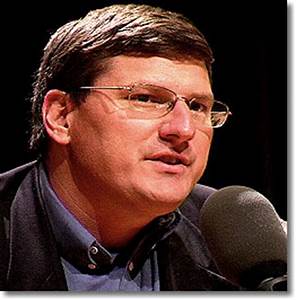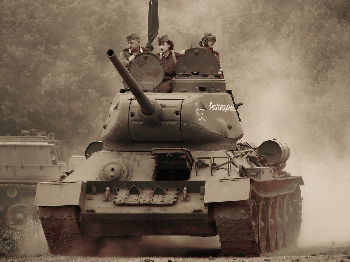After decades of ignoring Russia's national security concerns, the West is confronted with a military invasion of Ukraine which serves as a precursor for a new Cold War that will define Russia's relationship with the West for years to come.
Let there be no mistake, on Feb. 24, the world awoke to a new reality. Prior to this date, Russia was treated by the West as an annoyance, belittled by economic and even military elites as little more than a "giant gas station masquerading as a nation," to quote John McCain, the now-deceased senator from Arizona.
Russian President Vladimir Putin had been subjected to a series of sophomoric psychological profiles that trivialized Russian national concerns as little more than the psychotic whim of a troubled individual. The caricatures that emerged of the Russian state and its leadership colored the analysis of Russia's oft-stated concerns over what it viewed as its legitimate national security.
This blinded the West to the reality of what was transpiring. Because no one took Russia seriously, no one could imagine a large-scale ground war in Europe. So everyone was taken by surprise when such a conflict broke out.
How We Got Here
Ever since Nato had opened the door to membership for Ukraine and Georgia during the 2008 Bucharest summit, Russia has been making its vehement opposition known.
William Burns, the former US Ambassador to Russia and now director of the CIA, captured the Russian sentiment in a February 2009 memorandum: "Nyet means nyet: Russia's Nato enlargement red lines."
Russia, Burns noted, viewed "farther eastward expansion as a potential military threat" giving rise to Russian fears that "the issue could potentially split the country [Ukraine] in two, leading to violence or even, some claim, civil war, which would force Russia to decide whether to intervene."
One need only to look at what has transpired in Donetsk and Luhansk and Russia's current military operation in Ukraine to understand how prescient Burns' cable was.
Burns, however, was ignored. So, too, was Putin, who had been lecturing the West ever since his landmark speech at the 2007 Munich Security Conference, where he famously called out the US for having "overstepped its national borders in every way."
Putin declared, "This is visible in the economic, political, cultural, and educational policies it imposes on other nations. Well, who likes this? Who is happy about this?" He was greeted by silence.
"I am convinced," Putin told the assembled leadership of the Western world, "that we have reached that decisive moment when we must seriously think about the architecture of global security. And we must proceed by searching for a reasonable balance between the interests of all participants in the international dialogue."
At Munich, the Russian president warned that Western polices "stimulate an arms race." He repeatedly warned the US and Nato that President George W. Bush's precipitous decision to withdraw from the 1972 Anti-Ballistic Missile treaty and then to deploy anti-missile defense systems in two Nato countries, Poland and Romania, posed a direct threat to Russian national security.
In 2018, Putin unveiled new types of Russian strategic nuclear weapons designed to defeat US missile defenses. "No one has listened to us," Putin declared at the time. "You listen to us now."
(Note: You can view every article as one long page if you sign up as an Advocate Member, or higher).






